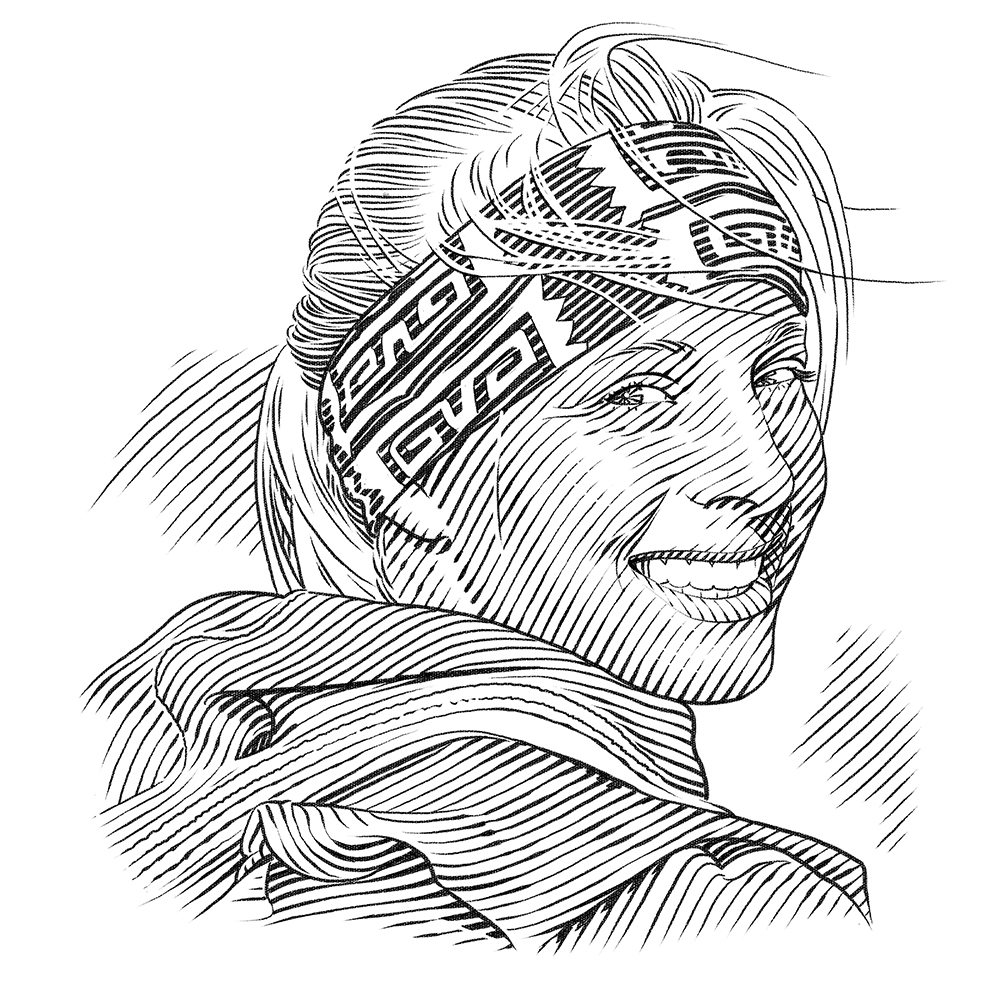Project Leader
Stephanie Buhler

Who I am
I grew up off the coast of Florida in the USA and have always been drawn to the sea. I spent much of my time in the water, but it wasn’t until I went to college that I got my first hands-on experience of shark research, helping the Florida Shark Research Program with a monitoring project in the Gulf of Mexico. I will never forget my first day on the boat, trying to keep my balance while I held a shark in my hands and shouted length measurements to my colleague. I was hooked! One summer I found myself in The Bahamas as an intern at the Bimini Shark Lab, the next I was working with tiger sharks in Shark Bay, Western Australia. From these incredible experiences, I knew I wanted to dedicate my life to ocean conservation and help protect shark populations. Currently I am working on my PhD, investigating human impacts on near-shore subtropical communities. Specifically, I am asking how development and human activities may drive the distribution and abundance of coastal shark species.Where I work
The Bahamas is a country made up of numerous islands that people travel to from around the world to swim with sharks or film them. In fact, shark ecotourism contributes about US$78-million annually to the Bahamian economy. In 2011, The Bahamas became one of the leading countries in shark conservation when it converted its national waters into a shark sanctuary by prohibiting commercial shark fishing and promoting a catch-and-release programme for recreational shark fishing. Specifically, I work on Great Abaco Island, where mangrove tidal creeks, sandy beaches and scalloped bays wrap around the shoreline. When you jump into the water, you will find a mosaic of sea-grass meadows, patch reefs and sand flats. Abaconians are working very hard to help protect these natural wonders through education and stricter fishing regulations, as well as by proclaiming protected areas on land and at sea. Although many people support the conservation of the marine environment, there is currently a gap in the understanding of how local impacts on land, such as construction and run-off pollution, can drastically alter marine ecosystems nearby and negatively affect the animals that live in them.What I do
With the support of the Save Our Seas Foundation, I hope to help fill this gap by using a novel approach to survey how human activities may drive the distribution of coastal shark species. Using a DJI Phantom 2 Vision+ aerial drone, I will take continuous HD video footage over the shallows around Great Abaco Island to explore how human activities may affect marine life in the vicinity. Within these shallow waters are prolific nursery systems that provide critical foraging grounds and refuges for juvenile shark species. This summer I will assign three locations along the shoreline as ‘high human activity’ (such as shoreline development, boat traffic and dredging) and three locations as ‘low human activity’. Throughout the summer I will monitor these locations repeatedly and record shark densities and the species present. There are two main objectives to this study: to test personal aerial drones as an inexpensive and non-invasive method of monitoring Bahamian shark populations; and to provide baseline data about the densities of marine megafauna within two proposed protected areas. These two areas are unique in that they will prevent shoreline development, but will still permit recreational activities, such as angling for bonefish. Our data will be available to local conservation and management organisations. Another inspiration for this project is to garner the support and understanding of the public for the 2011 shark ban. For this there are two outreach components. First, with the support of a local NGO, Friends of the Environment, I will develop Abaco’s first shark-focused summer field course (for ages 15 to 18-plus) during which shark ecology and conservation will be reviewed. Secondly, with the help of the SOSF Conservation Media Unit, we will compile underwater and aerial footage and combine it with interviews with local fishermen and educators to create short educational videos about shark conservation in The Bahamas.My project
Project
See project and more news
